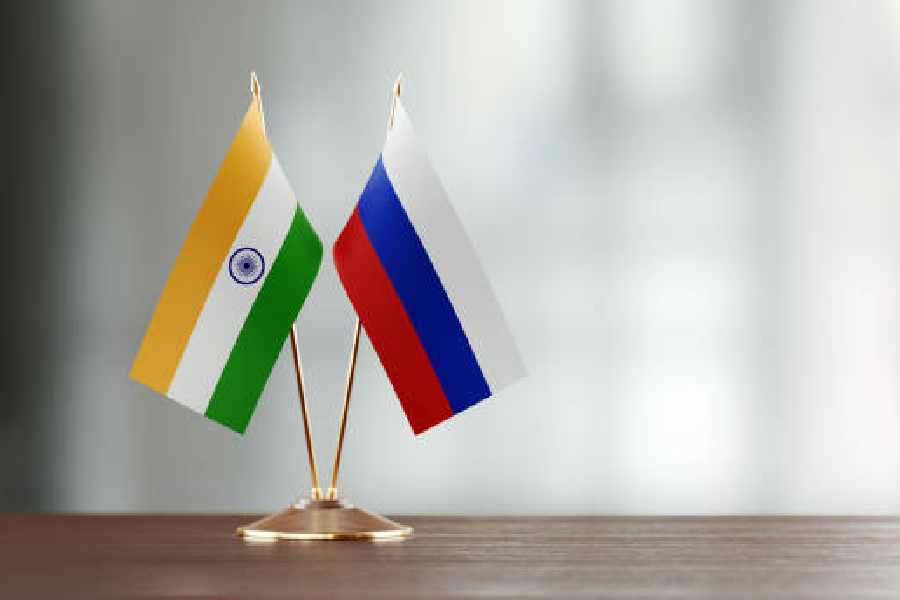Russia has stepped up its purchases of dual-use electronic items and other goods that have been hit by Western sanctions from Indian companies, using its stockpile of rupees amassed through rupee-rouble trade, according to The Financial Times.
These dual-use technologies, which can be used for both civilian and military purposes, are restricted under export controls imposed by Western nations in response to Russia’s 2022 invasion of Ukraine
In addition to these purchases, Russia is reportedly actively looking at the possibility of establishing manufacturing facilities in India where it could produce mainly electronic items that it can no longer acquire from the West, the Financial Times notes.
Russia has struggled to use its huge rupee reserves, built up over decades, because India doesn’t make many of the products it needs. This situation got worse in the last two years because of the huge amounts of oil India has been buying from Russia, some of which has been paid for in rupees.
Now though, Anatoly Popov, deputy CEO of Russia's largest lender Sperbank, says the rupee surplus problem has been addressed thanks to rising Indian exports to Russia. "The problem has been solved, there is no rupee surplus any longer," Popov told Reuters. An Indian source told Reuters last month that the rupee surplus has dropped to a "few million dollars".
But to achieve balanced trade, India still needs to increase its exports to Russia 10-fold, Popov said. Since 2022, there was a significant increase in the interest of Russian businesses in the Indian market “because this market serves as an alternative" to the West, Popov added.
Sberbank said transactions in roubles and rupees are proceeding smoothly, with 90 per cent of them taking only a few hours to complete, contrasting with Russia’s more complex dealings with other trading partners such as China.
India’s deepening close trade relations with Russia, its longtime ally, have increasingly raised concerns in Washington. US deputy treasury secretary Wally Adeyemo wrote two months ago to three of India’s leading business organisations warning that “any foreign financial institution that does business with Russia’s military industrial base risks being sanctioned itself”.
Despie these concerns, India has continued to be a key economic partner for Russia. Prime Minister Narendra Modi has visited both Moscow and Kyiv in recent months and urged the two sides to conclude a peace deal. At the same India remains an economic lifesaver for sanctions-hit Russia, becoming a top buyer of discounted Russian crude.
The leaked correspondence that forms the basis of the FT story involves the Russian government’s radio-electronics department which is an area of acute sensitivity because Russia relies on foreign-made electronics for its missiles, drones and electronic warfare.
The correspondence refers to a Russia-based group led by Vadim Poida which allegedly came up with plans to acquire critical dual-use components from India. The correspondence from Poida who says that the organisation has developed “specific plans” with the Russian electronics industry and “the relative Indian state and private businesses” that would help Russia spend its rupees and ensure a steady supply of dual-use parts.
The parts would be for “telecommunication, server and other complex electronic equipment” previously purchased from western countries that now are hit by US and EU sanctions for being at the heart of Moscow’s military procurement system.
The leaked letters mentions paying for two specific customs categories of goods – types of electronics and machinery – in rupees. Russian filings show that trade in these categories, once negligible, has soared since mid-2022. Future spending could be on joint ventures in India for electronics factories required “to meet the needs of Russian critical information infrastructure”.











